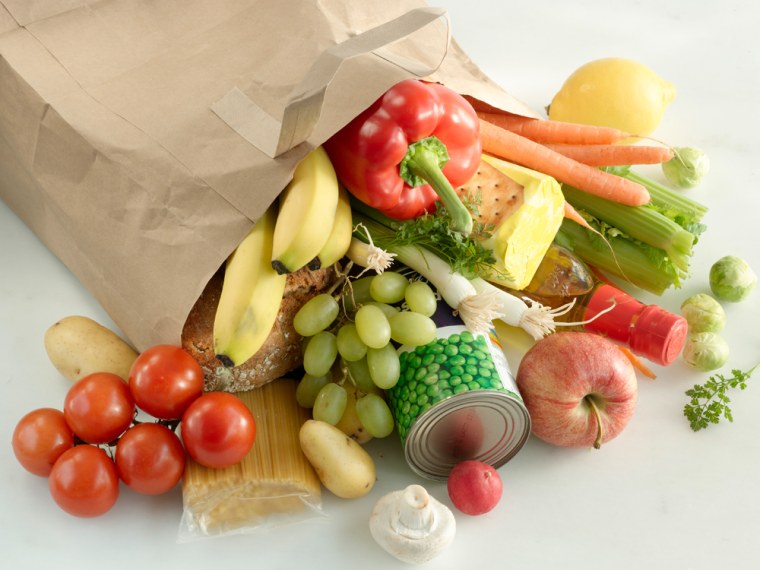The pain of paying in cash can curb spending on unhealthy foods, new research suggests. Shelling out your hard-earned moolah appears to put a crimp in buying "vice products," such as cookies, ice cream, and chips.
Using plastic -- either a credit or a debit card -- at the supermarket led to more impulse purchases of these guilty pleasures.
In the first of several experiments, published in the Journal of Consumer Research, researchers looked at register receipts over a six-month period from a random sample of 1,000 loyal shoppers in one-family households at a Northeastern supermarket chain. (They used single-family households to be sure the same person was doing all the food buying, which is less clear in larger families.)
The researchers looked at what types of foods were purchased in 100 different food categories as well as the payment method. Before analyzing the register receipts, they had other consumers rate foods based on whether they perceived them to be healthy or unhealthy, and impulse buys or planned purchases.
The study found that payment method appeared to weaken impulse control: Shoppers bought more food items considered impulsive and unhealthy when paying by plastic than when ponying up the dough. Researchers also noticed that consumers who shop on weekends were less likely to be impulsive and tended to stick to a list.
"We were surprised to find that debit cards had the same psychological effect as credit cards," says Manoj Thomas, an assistant professor of marketing at Cornell University in Ithaca, N.Y. Although debit cards are equivalent to cash since the money gets deducted from your bank account almost immediately, Thomas says the "mere abstractness of plastic payments can reduce the pain of payment and influence consumer's purchase decisions."
In other words, we don't feel the same sting in the wallet with either type of plastic as we do when peeling off the bucks. But perhaps these spending patterns are more a function of cheapskates versus big spenders?
Researchers investigated this question by observing 125 students doing a computer-simulated shopping task. They observed that tightwads were more likely to buy impulsive products when using a credit card than cash, but payment method had little influence on spendthrifts impulsive buys. Interestingly, payment method had no effect on the purchase of "virtue" products -- healthy foods such as fat-free yogurt or whole grain bread.
"Vice spending is more susceptible to pain of payment," suggests Thomas, the study's lead author. But it's a double-edged sword psychologically: It brings out positive feelings from a visceral desire to consume the product and negatives ones from anticipated regret after eating it.
Virtue products don't elicit these regrets and you can easily justify spending money on them.
So, is a cash-only diet the new secret to a slimmer waistline?
"Those consumers who find it difficult to control their impulsive consumption might find it helpful to use cash instead of plastic," says Thomas. "The self-control related advantages of paying in cash might outweigh the disadvantages for some consumers."
Do you think you make more spontaneous food purchases when paying with plastic?
